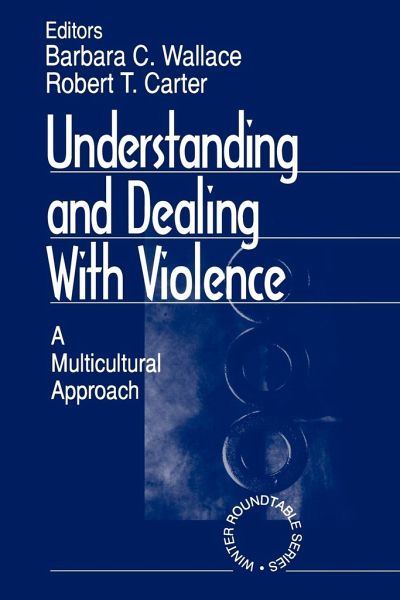Barbara C. Wallace, Ph.D. is Associate Professor or Health Education within the Department of Health and Behaviors Studies, Teachers College, Columbia University. Dr. Wallace is a New York State Licensed Psychologist. She specializes in the treatment of those presenting chemical dependency, and histories of sexual abuse, physical abuse, emotional abuse, domestic violence, and HIV/AIDS. She maintains a private practice and specializes in not only the treatment of those in recovery from chemical dependency and various forms of trauma, abuse and violence; she also provides spiritual counseling, couples counseling, and same-sex relationships counseling. Dr. Wallace has presented regionally, nationally and internationally, specializing in "training the trainers," or training other practitioners who can implement those techniques she has pioneered and refined in her front-line work (in the trenches, so to speak) with those impacted by the multiple epidemics involving drugs, HIV/AIDS, family trauma, and social and personal forms of visible and invisible violence. Dr. Wallace has developed a reputation for being an especially dynamic presenter, covering topics such as the following: chemical dependency treatment; relapse prevention for a range of problem behaviors; trauma resolution for survivors of multiple forms of abuse; multicultural competency and diversity training; violence prevention and intervention; and social action for social justice. Her work reflects a deep rooted commitment to social justice and ending the oppression of all humankind. Dr. Wallace is the author of numerous journal articles, articles in community-based publications, and several book volumes: Crack Cocaine: A Practical Treatment Approach for the Chemically Dependent (Brunner/Mazel, Inc., 1991); The Chemically Dependent: Phases of Treatment and Recovery (Editor/Author, Brunner/Mazel, Inc., 1992); Adult Children of Dysfunctional Families: Prevention, Intervention, and Treatment for Community Mental Health Promotion (Praeger Publishers, 1996). She is currently working on two books and several papers and chapters in edited books, reflecting her current research in the areas of addiction treatment, methadone to abstinence treatment outcome, multicultural counseling, and multicultural competence training. Dr. Wallace, a native of Philadelphia, Pennsylvania traveled for the first time in the summer of 1999 to her spiritual home in Africa and rejoined her ancestral, indigenous Akan family through sacred ritual in the mountains of Larteh, Ghana. On January 6, 2000 in the presence of clan elders, sponsors, several chiefs, numerous priests, and loving family members, Dr., Wallace was enstooled as the Asona Aberadehemaa--being named Nana Ohemaa Agyiriwah. In Philadelphia, she serves the Asona Aberade Shrine as Queen Mother, also providing guidance and counseling within this context.
















